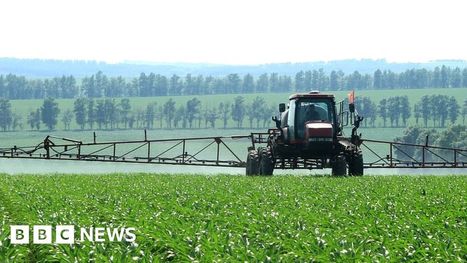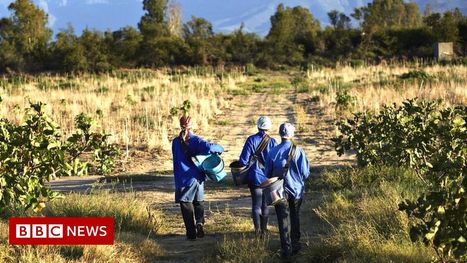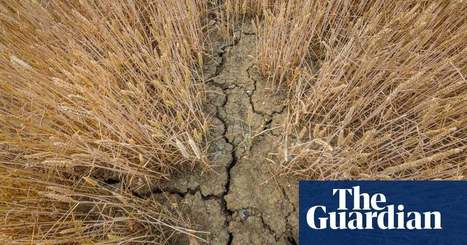The unprecedented water crisis is putting millions of lives around the world at risk. We need sustainable water resource management to address the rising challenges and provide a water secure world for all. The World Bank, with support from the Global Water Security and Sanitation Partnership is fast tracking water action and has provided water for close to 30 million people. Discover how strategic partnerships play a key role.
Research and publish the best content.
Get Started for FREE
Sign up with Facebook Sign up with X
I don't have a Facebook or a X account
Already have an account: Login
A collection of articles relating to the 'international' elements of Economics and relating to IB, Pre-U and A-Level Economics.
Curated by
Graham Watson
 Your new post is loading... Your new post is loading...
 Your new post is loading... Your new post is loading...
|
|













Water is a scarce resource, and this World Bank clip highlights its importance to development and how climate change is imperilling this. In the short-term, a lack of access to water harms living standards and reduces agricultural productivity; longer-term many think that it will be the source of future conflict.
This clip shows how the World Bank is developing strategic partnerships to counter the likelihood of both outcomes.